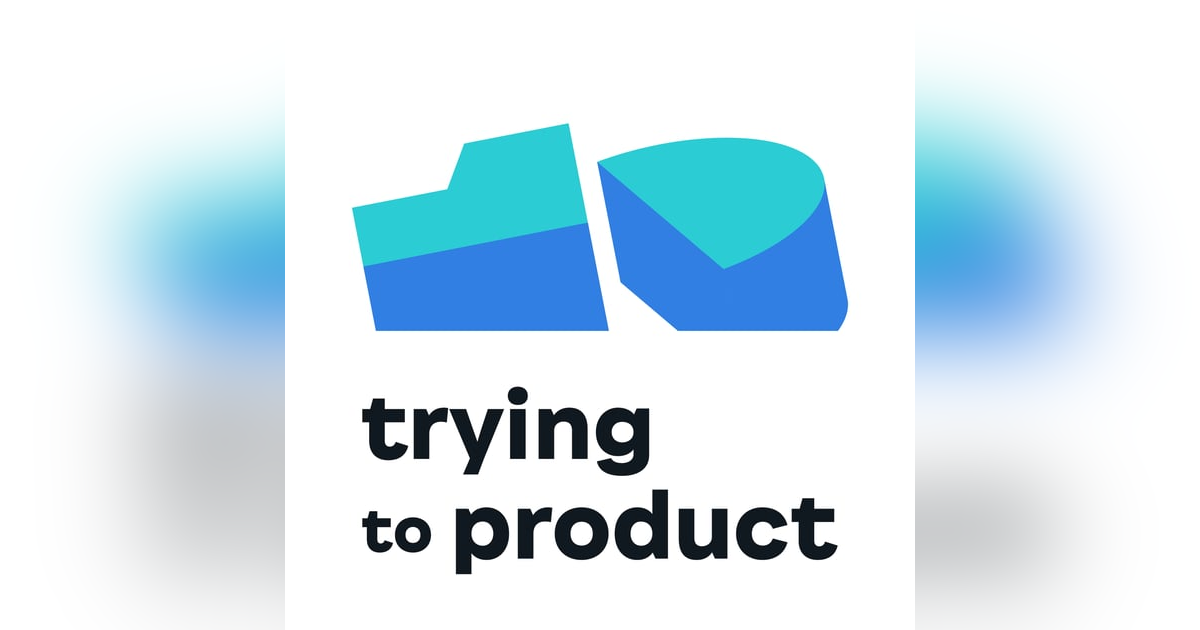How to Pick your Next Company as a Product Manager

Product managers are in high demand because of their ability to spark change across a wide range of industries and business models thanks to their broad grasp of technical, commercial, and design skills. The real difficulty is choosing which one to work for. You are in charge of your health, and product managers deserve fair working conditions like all other employees. You deserve to be treated fairly.
Maintaining a commitment to professional growth is a great way to achieve this objective. Developing your skills in coding or developing a passion for design could indicate that you're interested in advancing your profession. Your employer should give you a bonus if you work in a happy workplace; if not, you will have the knowledge to look for better opportunities elsewhere.
Key Highlights
[00:03:03] Today’s topic: How to pick a company as a product manager
[00:04:14] How choosing a company has changed over the years for both Parv and Alex
[00:16:31] Key things that stand out for product manager before joining a company
[00:24:34] The pathway and the growth piece around PMs when joining a company
[00:32:40] Red flags for PMs when choosing a company
[00:38:49] Quick optimizers before choosing a company
Notable Quotes
- The biggest way to unblock myself in PDR writing is by putting something down on paper and getting started. Whatever it is, whatever you have in your mind, write it down, whether it's a paragraph or a page.
- As a mature individual, the way you think about picking the company also stems from learning more or being on the job more and figuring out what you actually enjoy.
- The scope is the breadth of responsibility you have across a particular aspect of the product.
- Learning is such a personal factor that's so different for everyone. Each one has a different definition of learning, but it's still key to your overall growth in a career.
- Your biggest chance of becoming financially free in Silicon Valley is not to work at a bank; it's typically actually to work in a late-stage startup, an IPO, or have some big exit.
- One of the things I was thinking about was that it's important when I join a company that there is an acknowledgment of what the growth looks like in your role, especially for a PM, given how ambiguous it is.
- The growth piece around PMs when joining a company is less important as much as the learning.
- When you think about where you want to work, it's not just where you're working at the moment and a few years down the road; it's eventually; how does that fit into your actual narrative of where you want to be?
- One thing I've just learned may come from a hint of the privilege there, but I feel everyone should try everything.
- As a PM, it's so varied across different types of companies and industries that the more you try, the more you figure out what works for you as a PM.
- PM is like a good jumping-off point because it allows you to see a lot of different roles and play in those areas of different roles like marketing, engineering, and design, so you’re ultimately able to learn all these different disciplines and then see if you want to keep climbing that product manager ladder, or you want to do change careers or switch things up. So it gives you much flexibility that I think many other paths don't.
To Connect with Parv:
Twitter:https://twitter.com/ParvSondhi
LinkedIn:https://www.linkedin.com/in/parvsondhi/
To Connect with Alex:
Twitter: https://twitter.com/alexcox245
Email: alex@alexcreates.me







